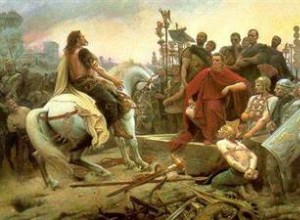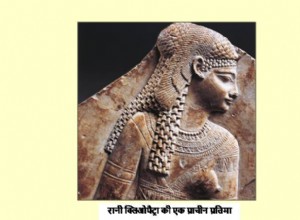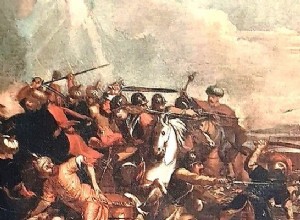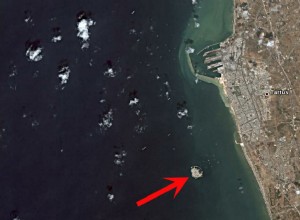The Gallic War refers to the campaigns of subjugation of the Gallic peoples led from -58 to -52 by the Roman general Julius Caesar. The winner himself took it upon himself to recount (and justify) his successes in his famous Comments . If the defeat of Vercingetorix at Alesia and the conquest of G




